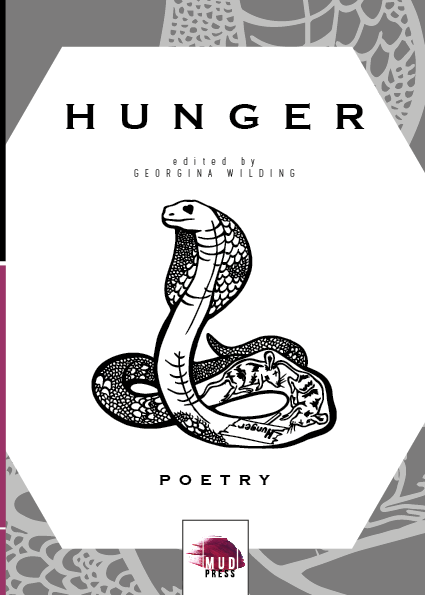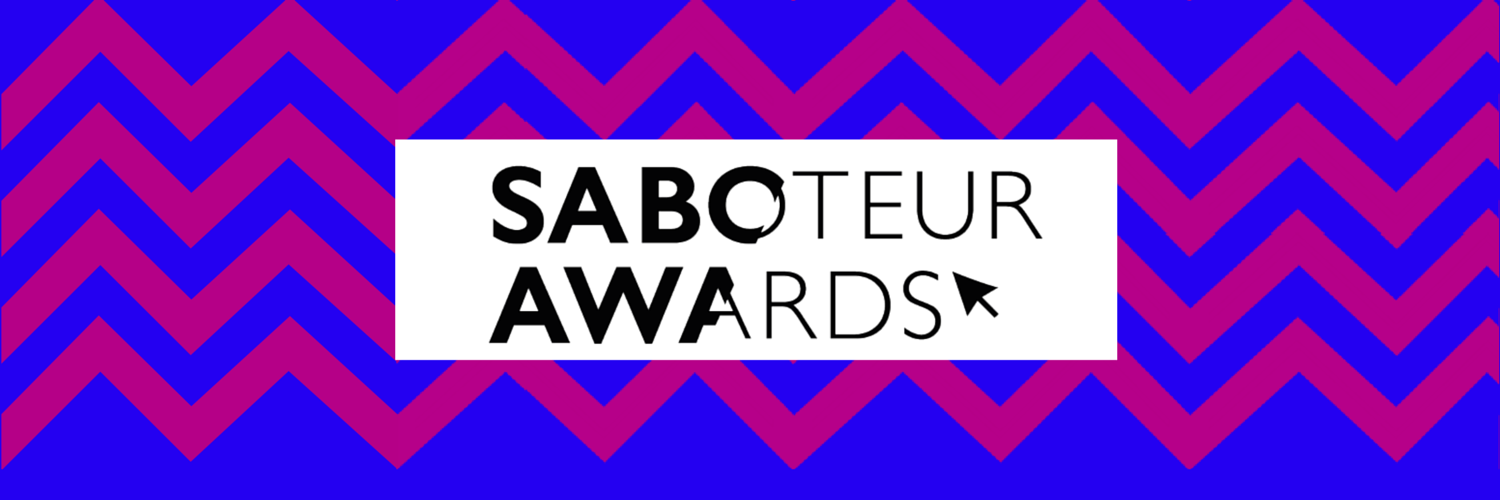‘Twelve Nudes’ by Ross Sutherland
-Reviewed by Joshua Jones–
The first poem in Twelve Nudes, a three part prose poem, is quite simply a Luke Kennard poem. If I or anyone else familiar with Kennard’s work had read it without knowing the author, I imagine they would immediately have attributed it to him. It is enjoyable, surreal, absurd, funny; but entirely unoriginal. When I read Sutherland’s debut, Things to do Before Leaving Town, I felt the same way. It was impossible to read without Kennard’s superior poetry in mind, and as such the more praiseworthy aspects of the collection were subsumed. So it is with great pleasure that the rest of Twelve Nudes – the title sequence in particular – displays a definite progression towards a performative style of the author’s own, still familiar within the context of Stammers/Kennard absurdist lyric/narrative, but idiosyncratised, personalised.
At the core of the sequence of twelve poems that make up Twelve Nudes is the contrast between the idea that “…poetry aspires / to the simplicity of the nude. / To be naked [is] to speak without footnotes” (somewhat mired by the speaker’s belief that “a naked person / usually has more explaining to do than anyone”), and the computerisation of contemporary society – the digitalised world within which we all, for the most part, now live. The idea of nudity and nakedness, of true interpersonal connection, is now filtered through the other type of connection – the kind that comes with passwords and line rental – via which we attempt to connect with one another. Which is not to imply that the sequence is some kind of modish Facebook poetry. Rather, the speakers in these poems seem desperately to want to connect, and have to reconcile this desire with their technologised surroundings. More, there is an awareness of the untruth of representation and the conflict inherent in the urge to be able to represent and comprehend oneself nakedly while engaging in the decidedly not-naked act of representation.
The opener emphasises these connections, perhaps a little too heavily. The speaker is talking “through the bathroom mirror” to his lover, who is “drying [her] fake tan with a hairdryer”. He bemoans the “roar of static behind the curtains, / the endless frustration of the city too powerful / to appear within my limited bandwidth”, and concludes
‘Your body is too much. London is too much.
I can barely even connect two parts of it.
The diagrams we use are useless on the surface.’
Later, the idea of a “diagram for lovers” will reoccur, further denoting the attempt to contain and understand the essence of something or someone through acts of representation inextricable from big, technologised cities. In the prior example, though, is an apt summary of what is happening in ‘Twelve Nudes’: self explained through computer terminology and interpersonal relations fractured through mediums of representation.
Sutherland does not offer a solution to the issues raised. Instead, we are offered a navigation of the linguistic world he has set up, representative of the real world it addresses, in which the speakers do not so much attempt to change or rectify their situations but respond and adapt to them, like an information feedback loop. Sutherland strives to show that in this world of technology and isolation, the attempt to connect and to stand naked and to love is possible, if opposed to the ideal quoted from the first poem of poetry’s, and thus self’s, aspiration to be understood, to speak without footnotes. While it’s “unclear / what-is-a-metaphor-for-what”, and “[l]ayered over this scene is another”, and this continual bringing forth of the confusion between image and the real is a “pitching”, similar to the “way a salesman / stands behind their product”, the individual can still engage in their own acts of meaning-seeking representation and learn to work and live within this world:
‘In fact, I consider it a privilege
to pile on enthusiasm where it is not wanted.’
Through humour and punchlines and light absurdism – “A heart big enough to smuggle in a bungalow of cocaine / without arising suspicion” – Sutherland attempts to foreground a human self despite the litany of diagrams and bandwidths and “endless footage” towards the real, or rather an unavoidably fractured version of the real:
‘You are rushing backwards into us
and you cannot remember the last time that you felt pain.’
In ‘Twelve Nudes’, there is no “dead centre of the narrative”; instead there are simply twelve engaging, accessible and often very funny lyrics, linked through ideas and motifs yet without a driving argument, a goal, a political urgency. For better or worse, the poetry retains the world it depicts. It is its own endpoint. As Sutherland writes:
‘[…]you remember the idea
that the waking mind cannot hold:
that this is not a hospital
but the memory of a hospital.
Therefore it cannot cure you.’





Nice review Josh. Really pleased to see Ross’s work getting some critical attention.
Just on that first para, I am obviously bound to disagree. However, just on a point of clarity, I remember giving Ross Luke Kennard’s 2nd collection on a train to Leicester a few years ago, and it was the first time Ross had come across him. It was about 6 months after Things To Do Before You Leave Town came out.
Keep up the fantastic work Josh/Sabotage!
Tom
(Ross’s publisher)
Thanks Tom. I should probably clarify, I’m not alleging any deliberate ripping off of Kennard’s style or anything sinister or malicious like that on Sutherland’s part, just that the force and quality of the type of poem Kennard writes tends, for me, to overshadow similar work by other poets, particularly those publishing post-*Harbour*. Of course, Kennard’s whole schtick is by no means without overt influence (mostly US); I simply find that there is a kind of generic absurdist narrative type of poem that is often automatically derivative of K.
Best,
Josh